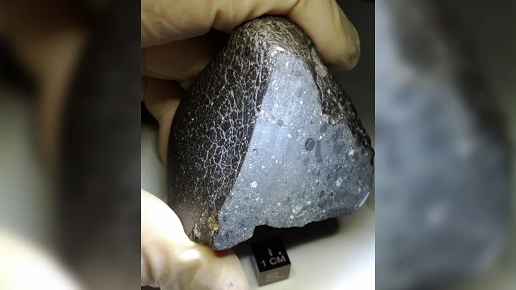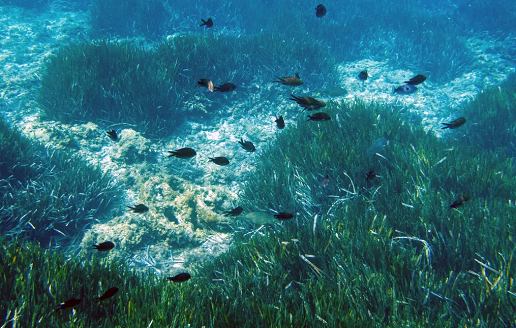A recent study has revealed that a zircon grain within the “Black Beauty” Martian meteorite contains traces of ancient water on Mars dating back 4.45 billion years. This discovery offers the oldest direct evidence of hydrothermal systems on Mars, environments often associated with the origin of life on Earth. The findings suggest that Mars may have been habitable during its pre-Noachian period, a time when its crust was warm and wet.
The zircon grain, preserved within the meteorite found in the Sahara Desert in 2011, showed unusual traces of iron, sodium, and aluminum—indicators of water-rich fluids during its formation. These patterns resemble zircons from Earth’s hydrothermal systems, which are known to support life. Scientists believe this discovery aligns with theories about ancient Mars, indicating the planet once had abundant water and volcanic activity.
While the Perseverance rover continues exploring potential evidence of life in Mars’ Jezero Crater, the Black Beauty meteorite remains a vital source for studying Mars' early history. Researchers emphasize the importance of returning Mars samples to Earth for further investigation, which could provide deeper insights into the planet’s habitability and evolution.







